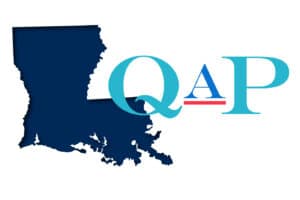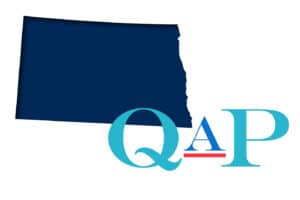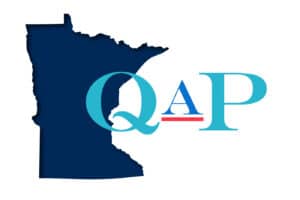California Housing and Community Development is inviting public comment on the Governor’s proposed designation of Opportunity Zones in California.
HR 1, the federal tax bill passed at the end of December 2017, allows the Governor to designate eligible census tracts as Opportunity Zones. Under HR 1, individuals who invest in these zones will be allowed to defer or eliminate federal taxes on capital gains. The Governor may designate up to 25 percent of census tracts that either have poverty rates above 20 percent or median family incomes of no more than 80 percent of statewide or metropolitan area family income. There are 3,516 census tracts in 54 California counties that qualify under one or both of the mandatory criteria, allowing the Governor to designate up to 879 tracts. As census tracts are designed to capture geographic areas of around 4,000 people, more than 3 million Californians will potentially be located in one of these areas.
To provide you with additional information on the preliminary recommendations and the process to comment, representatives from the Department of Finance and the Governor’s Office of Business and Economic Development (GO-Biz) will be hosting a conference call at 12 noon today, March 2:
Call-in number: 1-877-820-7831
Participant code #: 398582
Preliminary Recommended Tracts
The recommended tracts were selected as Opportunity Zones using the following criteria:
- Focus on Poverty. Only those tracts that meet the federal poverty criteria were selected to focus efforts on those poorest areas of the state. In addition, within each county, focus was placed on the poorest areas (top 30 percent of eligible tracts).
- Areas with Business Activity. Designating tracts with at least 30 business establishments helps distinguish primarily residential tracts from those that are zoned to encourage more business investment.
- Geographic Diversity. To increase geographic diversity, the preliminary recommendation maintains a minimum of two tracts per county if possible.
These designation criteria identify tracts that significantly overlap with other statewide programs that the Legislature and Governor have previously targeted. For instance, 66 percent of the recommended tracts overlap with tracts identified as disadvantaged in Senate Bill 535 from 2012, and 98 percent overlap with tracts identified as disadvantaged in Assembly Bill 1550 from 2016. (Both of these bills help direct revenues from cap and trade programs.)
Public Input
The Administration received much helpful input in designing the criteria for these preliminary recommendations, and invites comments on the proposed designation of California Opportunity Zones. Provided below are links to the following resources:
- A Census address lookup that provides tract numbers.
- A large non-interactive map (28 inches x 40 inches) of the eligible census tracts for California. Click here to view or print.
- An interactive map displaying eligible tracts and the recommended tracts.
An excel workbook OZ Eligibility contains the 3,516 eligible California census tracts. It also indicates the tracts in the Governor’s preliminary recommended option. Given the limited number of designations available, we strongly encourage commenters from local governments to suggest replacing tracts from within their jurisdictions rather than making additions. To comment, please identify the census tracts you have comments on from the provided resources, and use the excel workbook OZ Input to format your comments.
We have set up a new website that will be accessible today at 11am to provide information on qualified census tracts: http://dof.ca.gov/Forecasting/Demographics/opportunity_zones/. All of the information included in this email will be accessible from this website, including the instructions on how to submit comments. Please note that comments will only be accepted through 5pm on Thursday, March 15 through the email OZcomments@dof.ca.gov. If you would like information about business and economic development in general, please visit the California Business Portal or contact GO-Biz.
For any additional questions, please call the Department of Finance at 916-445-8610.


